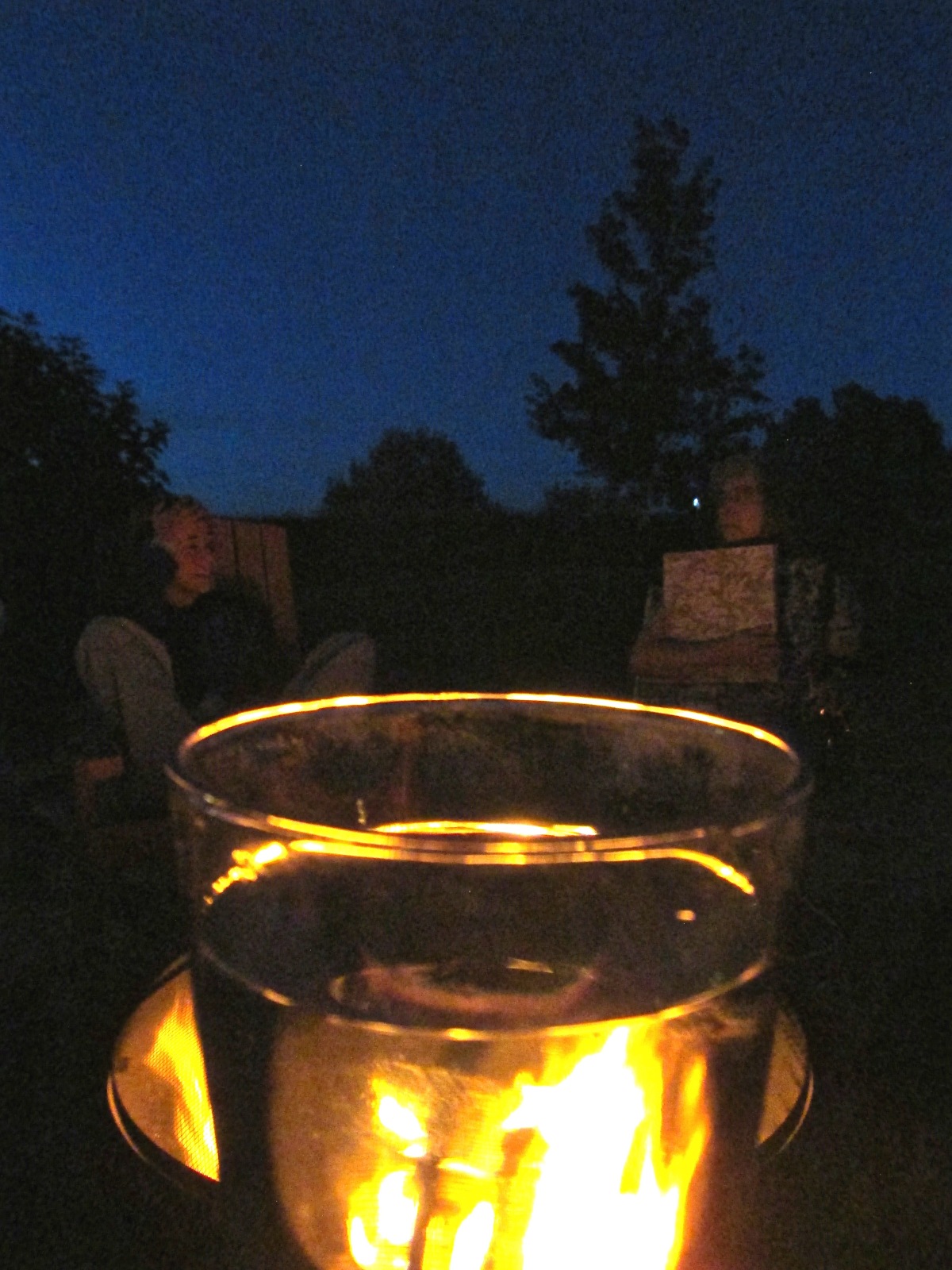Welcome to Children’s Church! No. We’re not going to start by singing Father Abraham. That song gives me a headache. Too much nodding your head and turning around. But, since my lesson on Sunday was postponed, I thought I would share a little with you.
I should probably start with some backstory. We’ve been studying Exodus 20 and the giving of the Ten Commandments. This week we were scheduled to finish up commands 6-10. The verses following the Ten Commandments, however, were the ones most on my heart.
In addition to this, the Sunday School class that I teach has been memorizing 1 Corinthians 13. Sunday we were working on verse 12, “For now we see through a glass, darkly; but then face to face: now I know in part; but then I shall know even as also I am known.”
To illustrate this verse we made our own pane of “glass” using page protectors and card stock. As we say the first part of the verse, we hold our “glass” up in front of our faces. The milky, double layers of the page protector present a blurred vision of everything out in front of us, not to mention of our own faces to anyone who might wish to see us. For the next phrase of the verse, we drop the “glass” down and turn to look at our neighbor—face to face. Keep this “glass” in mind.
Before God gave the Ten Commandments, the relationship between Him and Moses was very evident. God was up on the mountain, speaking with the sound of a trumpet, causing the mountain to quake, setting it to smoke and flames, and essentially putting His glory on display for His chosen people. The sound of the trumpet got louder and louder—until Moses spoke.
While the people stood in the background shaking in their boots, Moses dared to approach God, but not because he was proud or brash. On the contrary, Moses was a very meek man. Moses could approach God in all of His thunderings and lightings and earthquakes and smoke and flames, not because He was foolish or had no respect or fear for God, but because He KNEW God. He knew that His God would not change. He knew God’s character well-enough to know that even in this full display of power and glory God could be trusted to be ever the same as He always had been. And when Moses had the courage to speak to God, God answered. He answered him, not with the sound of trumpets, but with a voice.
Fast-forward to the end of the Ten Commandments. The people have heard what God has to say. He has laid out His law. What is their response? They crawl behind Moses and shrivel up. They stand as far back from the mountain as they can, and, instead of affirming their desire to obey God, they say, “Please, Moses, don’t let Him talk to us again.”
Think about that for a moment. They literally said, “Moses, speak thou with us, and we will hear: but let not God speak with us, lest we die.”
Moses’ fatherly ways seem to come out in his answer. He didn’t scold. He sought to comfort them, when he said, “Fear not: for God is come to prove you, and that his fear may be before your faces, that ye sin not.”
In response, the people, like a child cowering behind its mother’s skirts, continued to stand afar off. Moses, on the other hand, drew closer. In fact, the Bible says that he “drew near the thick darkness where God was.”
God is a God of light, but that day on the mountain the clouds and the smoke and overwhelming awe of His power, holiness, judgment, and glory cast a deep shadow that only one man was willing to approach—the man who knew God.
As I think about these verses in Exodus and the verse in 1 Corinthians, I realize that there is a sad similarity between the two Scriptures as well as a similarity between us and the children of Israel. 1 Corinthians 13 says that we see through a glass darkly. We have a great deal revealed to us through the Scriptures, through nature, and through God’s working in our lives, but our knowledge is not perfect. We still have that “glass” between us and God.
In Israel’s case, they were standing at the foot of a mountain upon which God Himself had descended. And yet, rather than hear Him speak, rather than look upon Him—they chose the glass. Just like the children in my Sunday School class lifting their homemade panes of glass over their faces, the Israelites chose to put something up between them and God. Yes, they would still get His message, but it wouldn’t come directly from Him. It would go through a third party. Why? Because they were afraid.
It is easy for us to do the same. We want to know what God has to say, but something holds us back from pursuing His face. We set a glass, or perhaps a host of window panes, up between Him and us. Those glasses are often good things: pastors, teachers, mentors, authors, even bloggers.
Why do we do this? Maybe, like the Israelites, we’re afraid. Afraid He will make us do something we don’t want to do if we interact directly with Him. Afraid He will convict us of our pet sin. Afraid He will show us sins and failures we didn’t know we had in our lives. Afraid He will kill us (or some part of us) in some way.
Maybe we don’t know how to approach Him. Maybe we’ve never learned how to pray or how to study His Word. That’s a problem easily solved.
Maybe we’re simply lazy. We say we’re too busy, but really we’d rather be fed than feed ourselves. We’d rather let someone else put in the effort of seeking God’s face and then just have them give us a synopsis. We want an instant-oatmeal relationship with God rather than a breakfast-from-scratch experience. We might fight for our Eggo, but we won’t make our own waffles.
There is nothing wrong with sitting under good teachers. In fact, we should—often! But no matter how good the message, no matter how solid the teaching—it’s still secondhand. So what is the consequence of secondhand conversations with God? It is a darkening of that glass, a distancing of ourselves from the mountain. It is forfeiture of the joy Moses possessed—knowing God.
Saturday night, my family gathered at my sister’s house and had a nice fire out on their newly constructed patio. As I sat there with a glass of water in my hands, enjoying the last few minutes of the evening, I noticed something about the glass, the water, the light, and the fire. By itself, the glass of water barely reflected any light. But when I held the glass up to the fire, it took on the glow of the fire, in fact, it magnified the effect of the light.
We have been given the Word of God and the Holy Spirit—that glass and that water—when we dare to draw close to the fire of God’s glory, when we dare to seek His face, they will ensure that He is magnified. He will prove us to see whether we will fear Him and obey him, but by His mercies we will not be consumed. We will not know as we are known until that day when we see Him face to face. But we will come to know, as Moses did, that our awesome, amazing, astonishing God can be trusted to be ever the same, to do powerful things, to work in line with His character, and to draw nigh to us when we lay ourselves aside and dare to draw nigh to Him.
So, my friend, tonight I challenge you: Stop setting murky window panes between you and God, draw near to the mountain, hold up the Word, let the Spirit work, and let God be magnified in, through, and to you.

ABOUT RACHEL MILLER
I am the author of three books, including The King’s Daughter: A Story of Redemption. You can check them all out here. I also run a Christian editing and writing service. I hope you’ll stop by and let me know how I can help you.
